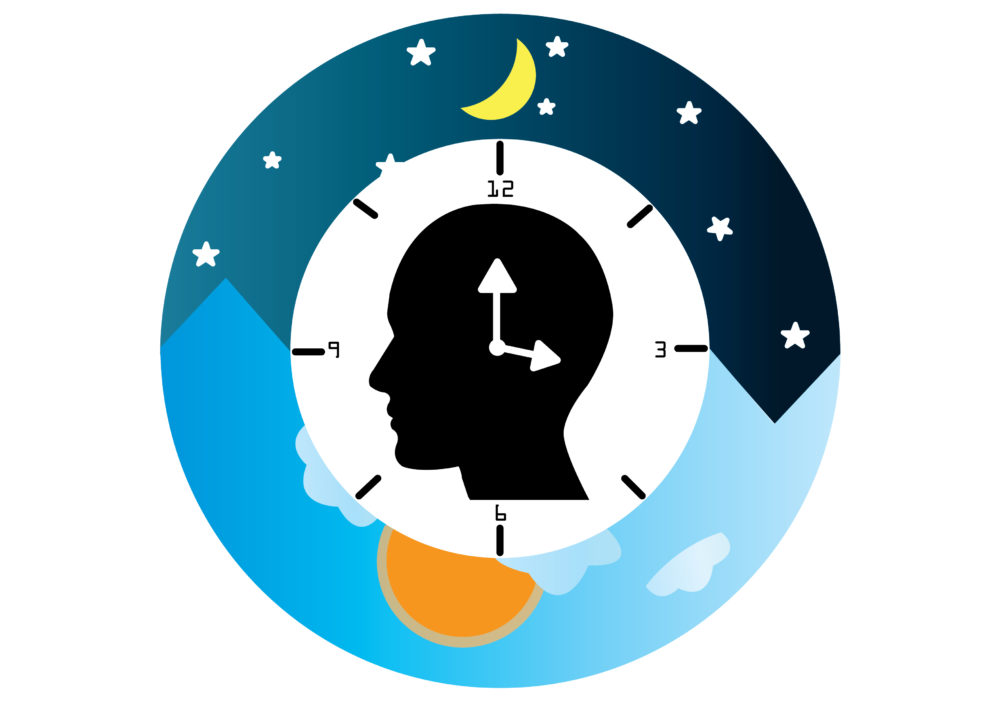Daylight Savings – Jason Sims
When the clocks go back an hour and you get an extra hour of sleep, life is great. But, once you realise that you leave period 6 and it is cold and getting dark, you understand it is a miserable concept. Recently governments globally have been considering scrapping this practice and keeping the clocks constant throughout the year. But why did we have daylight savings to begin with? Are the benefits still there, or are there new cons?

The potential damaging effects of moving the clocks back by one hour are somewhat extreme. By having more light in the evening and having a darker afternoon, scientist identify the fact it can worsen mental health and physical well-being, it is demotivating and increases the risk of heart-attack and strokes. Not only this but when the clocks must be moved forward, there is evidence to suggest that traffic incidents then increase, and more medical errors are made. Shifting the time can disturb sleep patterns and biological rhythms, so it would appear that it is disastrous to move the clock times.

Now, that was quite an extreme take on the consequences, but on the whole, we can appreciate how it is just sad seeing the light go by 4:00pm in the winter. In the past, daylight savings were beneficial as a method of reducing energy consumption and save costs. When the UK had a shortage of fuel this was particularly beneficial. This was because you got more out of the sunlight during the morning. However, with the rise of technology and artificial light, the reduction in energy consumption is negligible as people have dramatically increased their energy consumption with technology. This could suggest that it no longer serves the same purpose and so it should be scrapped.
Conversely, studies have shown that having the daylight savings and increasing the light in the morning reduces traffic accidents by 13% and reduces robberies by 7%. It is particularly beneficial to the safety of school children in the morning, who may lack awareness. Having the lighter mornings enables drivers to see them and so it reduces collision.

Despite this, the European Transport Committee voted for the removal of daylight savings at the start of 2020, meaning that changing the time will cease. While this hasn’t yet passed through European parliament, if it does the changes will be made from 2021. While I feel It has its advantages, on the whole changing the time has lost its main purpose, which was to provide light and reduce energy consumption (by burning less candles). My personal preference on this would be to not change the time, so that I can enjoy my afternoon outside without it being dark and miserable, but this could mean a darker morning.















Post Comment
You must be logged in to post a comment.